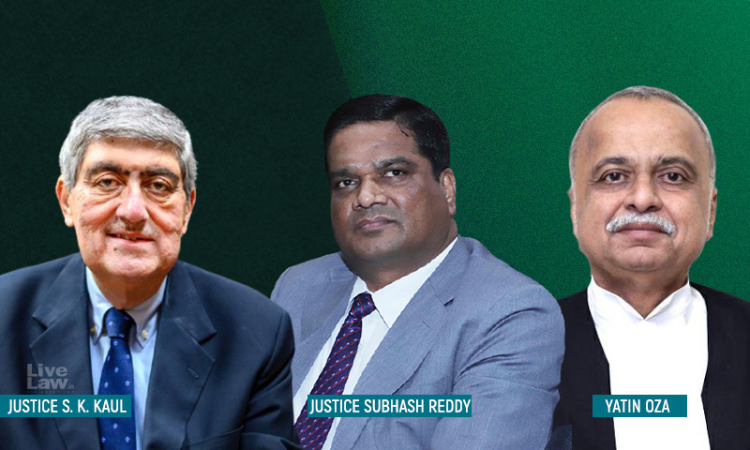"It Is Troublesome That The Dispute Between The Bar And The Bench Reached This Stage": Supreme Court In Yatin Oza Case-Read Full Courtroom Exchange
Mehal Jain
1 Sept 2021 10:03 PM IST

"It is not unusual for the Court to invoke its powers under Article 142 but we don't want to create bad precedents. Whether Yatin Oza's case is one where we can rely upon 142 or if this path should not be traversed is something which we have not discussed between ourselves yet."
Next Story


